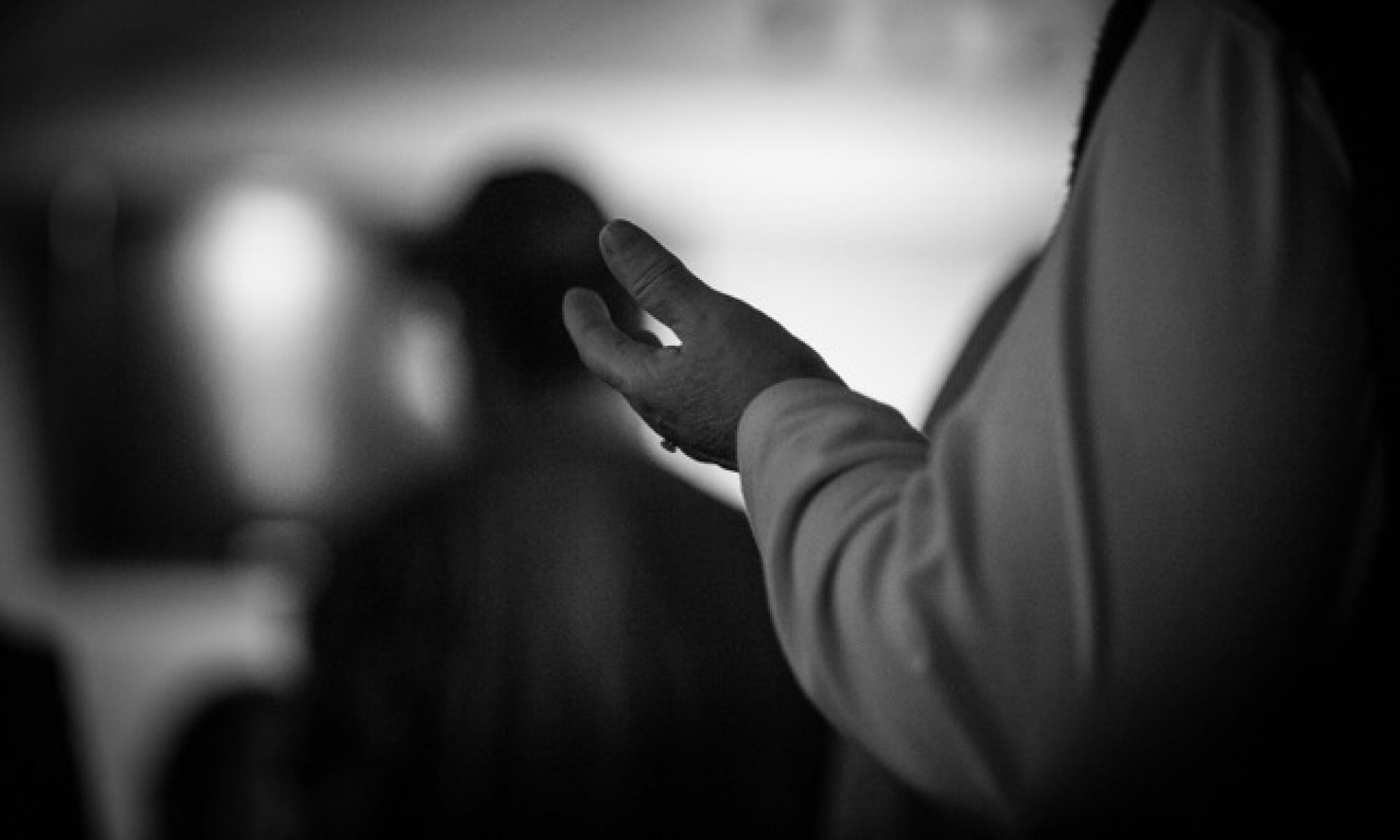Matthew 18:18-20 states, “Truly I say to you, whatever you bind on earth shall have been bound in Heaven and whatever you loose on earth shall be loosed in Heaven. Again I say to you, that if two of you agree on earth about anything they may ask, it shall be done for them by My Father who is in Heaven. For where 2 or 3 have gathered together in My name, I am there in their midst”. In context, this passage is discussing church discipline. Is this passage teaching a prayer of agreement and a spiritual principle of authority called binding and loosing? What is an accurate interpretation of these scriptures?
You said it best when you said, “in context.” As you may notice this is a two part discussion because last week’s Faith Fix was about the idea of binding and loosing a few chapters earlier. And here we see the words come up again and the question would be, why?
As you already said, in context these scriptures have to do with church discipline. That is verifiably (by reading more than just the few verses) exactly what these scriptures are about. This is not about a prayer of agreement (I’ll come back to that). Now some people may get mad at me for saying that, but I would ask, why? Read the verses for yourself. Read them in context. What are they talking about? Jesus was finishing a thought on a subject that he was talking about. We cannot take scripture out of its context and make it mean whatever we want it to mean. If we do this, we are absolutely no different than any cult that manipulates scripture for its own use.
So why would the Lord have repeated this here? I think this is the better question. I want to refer you back to last week’s Faith Fix. If you did not read it, I would suggest that you do. Repeating what I said last week, this phrase is better understood as “shall have been bound/loosed.” We can see this more clearly getting into the next part, “where two agree I am there in the midst.” Many try and say that if more than two gather He is there. I used to say things like this as well, “this is why you need to be in church.” If we think about this, however, we will see its flaw.
Deuteronomy 31:6 (NIV) tells us, “Be strong and courageous. Do not be afraid or terrified because of them, for the LORD your God goes with you; he will never leave you nor forsake you.” You don’t need two for God’s presence, He’s there for one! What Jesus was saying in this place was that if several righteous people can agree on a judgment against one rightfully accused, His agreement is there with them. In accord with binding and loosing, His point is that the judgement has been already placed. This is how we keep the church clean against people who are unclean that would fight back with words like, “Who are you to judge me?” Again, for Him to say, “I am there in the midst,” means that His judgment is there in the midst.
Something that I would like to add at this point is a practical application that has helped me so many times. When I apply this, I don’t even have to mean when other people are teaching, but when I am reading the Scripture for myself. Have you ever been reading the Scripture and see a verse that just doesn’t seem to fit in the context of the passages around it? That’s a good indicator that you are probably reading it wrong. I have found in those times, if I stop and do a study and ask questions, I often get to a place where I realize I was seeing it wrong. I think that often times the Christian habit of isolating a scripture and using it as an inspiration can sometimes cause problems with misunderstanding. I’m not saying it’s wrong to use a single scripture to inspire you occasionally, but we should only do so in the greater context.
Finally, I want to talk about what I said I’d get back to with the idea of a prayer of agreement. I think it’s pretty obvious as we read through the New Testament that God desires us to pray together on things. There is something about Christians coming together and praying in agreement. I don’t think it’s as much about rule as it is about God‘s desire for us to be like-minded. I don’t think it’s wrong to ask a brother or sister in the faith, “Will you pray for me or with me? Will you agree with me on this?” I believe that the Lord finds this to be a beautiful thing because our God loves relationship and He loves agreement with and in His children.
Don’t ever pray based on rules pray only based from the place of relationship! Rules were not what pleased the Lord anyway but instead relationship based in love.
Hosea 6:6 (NIV)
For I desire mercy, not sacrifice,
and acknowledgment of God rather than burnt offerings.
Be Blessed,
Pastor Jeff

